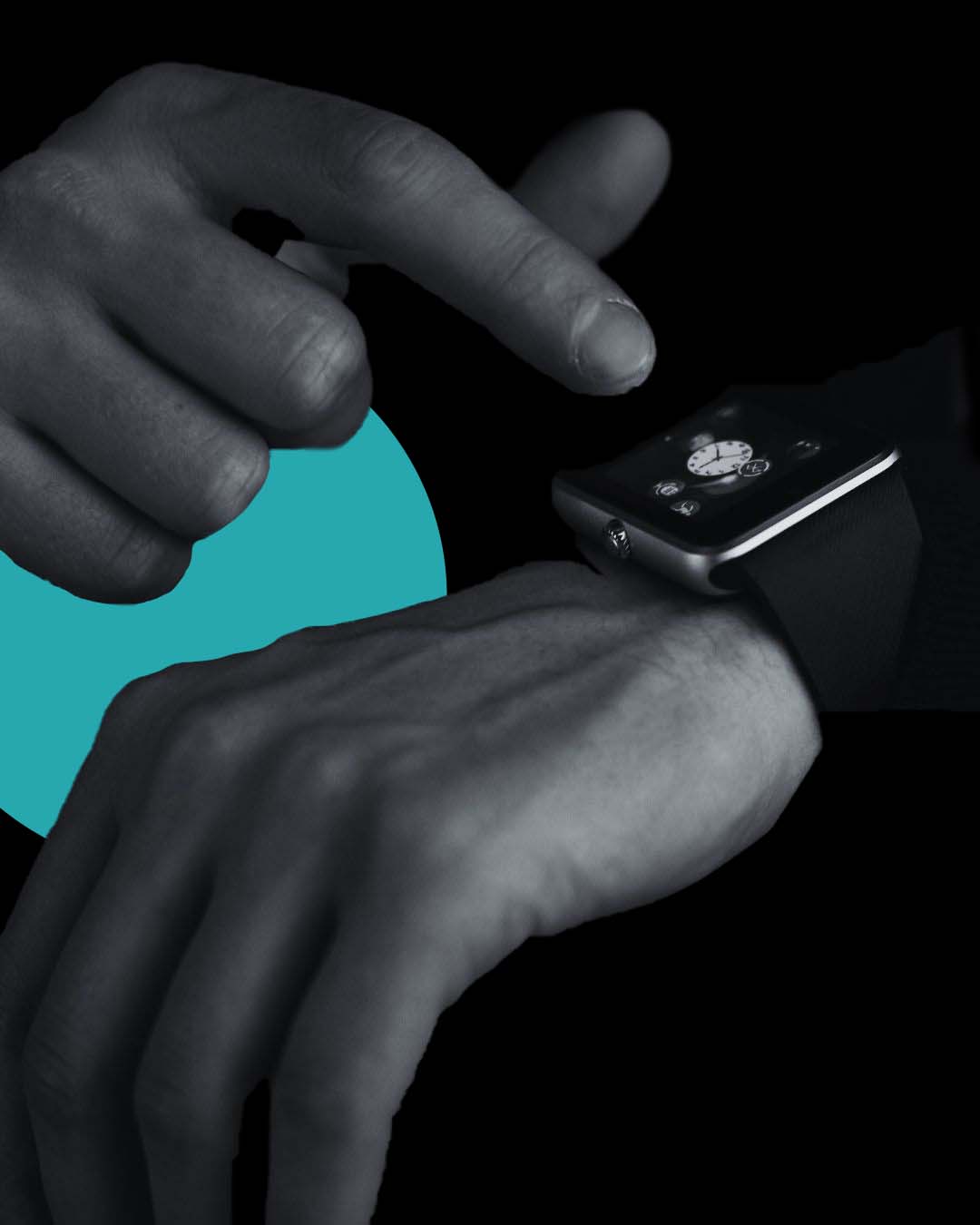Pioneering Romania’s first Digital Policy Lab for public sector innovation
Regional Impact
The project targets three transition regions: Western Macedonia (Greece), Centru (Romania), and Southeastern Bulgaria. These areas face the dual challenge of economic restructuring and fossil fuel phase-out.
COALition strengthens local ecosystems, builds capacity, and helps secure funding, laying the foundation for sustainable growth and job creation in emerging sectors like renewables, hydrogen, and energy efficiency.
Market Context
Coal regions across Europe are under pressure to phase out fossil fuels while preserving economic stability.
Despite their challenges, they also present major opportunities — with estimates of up to 314,000 jobs created through clean energy investments by 2030.
EU policies like the Green Deal, Just Transition Fund, and Hydrogen Strategy support this shift, yet local coordination, strategic planning, and skills development remain key barriers.
Beneficiary
Primary beneficiaries include workers in coal-related industries, regional and local authorities, innovation ecosystem stakeholders, academic institutions, and SMEs in the energy and tech sectors.
Broader beneficiaries include residents of transition regions, future investors, and the extended EU innovation community focused on clean energy and climate neutrality.
Stakeholder Network
COALition is implemented by a diverse consortium of partners from Greece, Romania, and Bulgaria, including public institutions, universities, regional agencies, private companies, and NGOs.
Key members include CERTH (leader), Iceberg Plus, UMFST Târgu Mureș, Sofia University, Mureș County Council, Stara Zagora REDA, and many more.
Driving Digital Policy Innovation in Romania’s Government
The Challenge
Romania’s public sector faced the complex challenge of keeping up with rapid technological change and integrating advanced digital technologies into public services.
Traditional policy-making processes were not equipped for the fast-paced, collaborative experimentation required to harness innovations like AI, blockchain, or advanced data analytics.
ADR’s goal was to create a Digital Policy Lab platform that would allow government agencies to safely experiment with deep tech solutions and evidence-based policy approaches, ultimately improving public services for citizens and businesses. This meant developing new methods and tools for innovation management in public administration, and orchestrating a wide ecosystem of stakeholders (government, academia, industry) to tackle complex digital transformation problems.
In short, the project needed to pioneer a model for agile, data-driven policy design within Romania’s public sector – something never done before at this scale.
Beneficiary
The primary beneficiary of this effort was Autoritatea pentru Digitalizarea României (ADR) – Romania’s central agency for digital transformation. As the coordinator, ADR sought to strengthen the government’s capacity for innovation and evidence-based policy-making, especially in domains with high public impact. The Digital Policy Lab initiative was co-financed through an EU administrative capacity program, underscoring its strategic importance.
Iceberg+ worked closely with ADR’s team and policy-makers across ministries to ensure the lab would meet public sector needs and align with national digital strategy goals.
Partnership Approach
To address the challenge, Iceberg+ assembled a multidisciplinary delivery team in partnership with EY Romania and Sysdom. This consortium combined Iceberg’s innovation consulting expertise with EY’s experience in public strategy and Sysdom’s technical know-how.
Together, the partners worked hand-in-hand with ADR to co-create the lab’s methodology, platforms, and workflows, ensuring all solutions fit the public administration context. Iceberg+ led the project management and innovation design efforts, coordinating inputs from all partners.
This collaborative approach was essential given the project’s breadth – from foresight research to on-the-ground policy experimentation.
The Solution
Iceberg+ delivered a comprehensive solution that encompassed new methodologies, toolkits, and pilot programs – effectively building the Digital Policy Lab from the ground up.
All major outcomes of the Lab were developed and implemented by the Iceberg+ team, in line with ADR’s objectives.
Throughout the solution implementation, Iceberg+ emphasized a “design-for-policy” approach – adapting design thinking and user-centric design to the policy-making process. We also integrated strategic foresight and quantitative modeling (e.g. trend analysis, scenario modeling for emerging tech) to help anticipate future challenges.
An inclusive stakeholder engagement methodology underpinned all activities: the Lab actively involved over 1,500 stakeholders from academia, government, and the private sector in its workshops and policy co-creation sessions. This ensured the solutions were not built in isolation but with broad input, fostering buy-in and knowledge sharing across sectors.
The Impact
The Timeline
2021 - 2023
Planning and implementation of the Digital Policy Lab project
(as part of the “Cadru strategic… 2021–2027” program)
Over this period, Iceberg+ and partners designed the lab framework, developed the toolkits and methodologies, and conducted five pilot policy iterations.
2023
The lab was fully operational by 2023
With the closing conference held in November 2023 to showcase results.
The Results
Iceberg+ is proud to have been at the forefront of this transformative project
By delivering the Digital Policy Lab from concept to reality, we helped create a lasting public innovation platform that empowers Romanian authorities to design better policies for the digital age. This case stands as a testament to the power of partnership, visionary thinking, and “smart-ing” the market of public services through innovation – truly outsmarting the status quo with bold strategy and hands-on experimentation.
OUT
SMART THE MARKET
THINK THE STRATEGY
DO THE STATUS QUO
SMART THE MARKET
For startups, SMEs, academia, authorities.
For Bold ones.


















